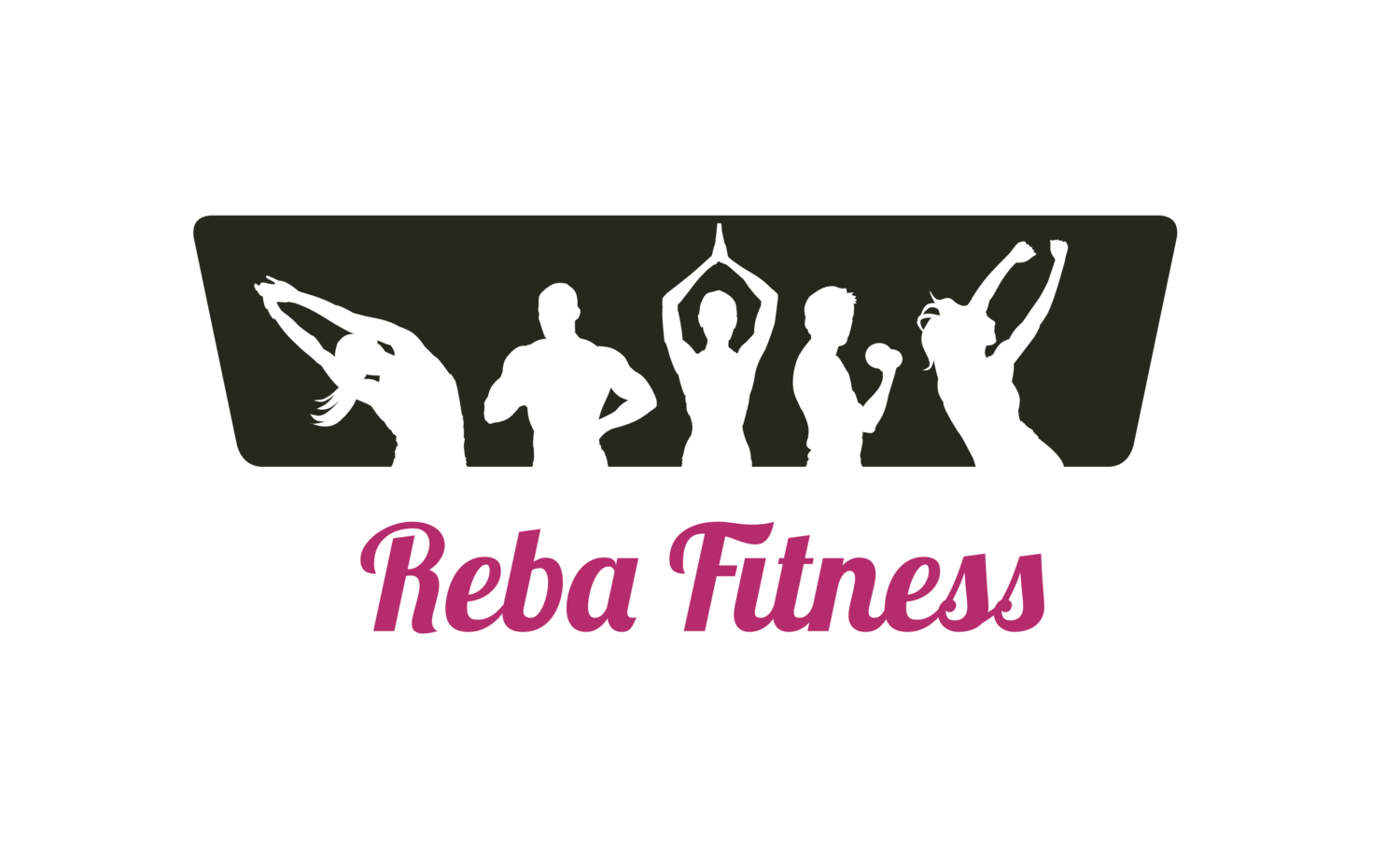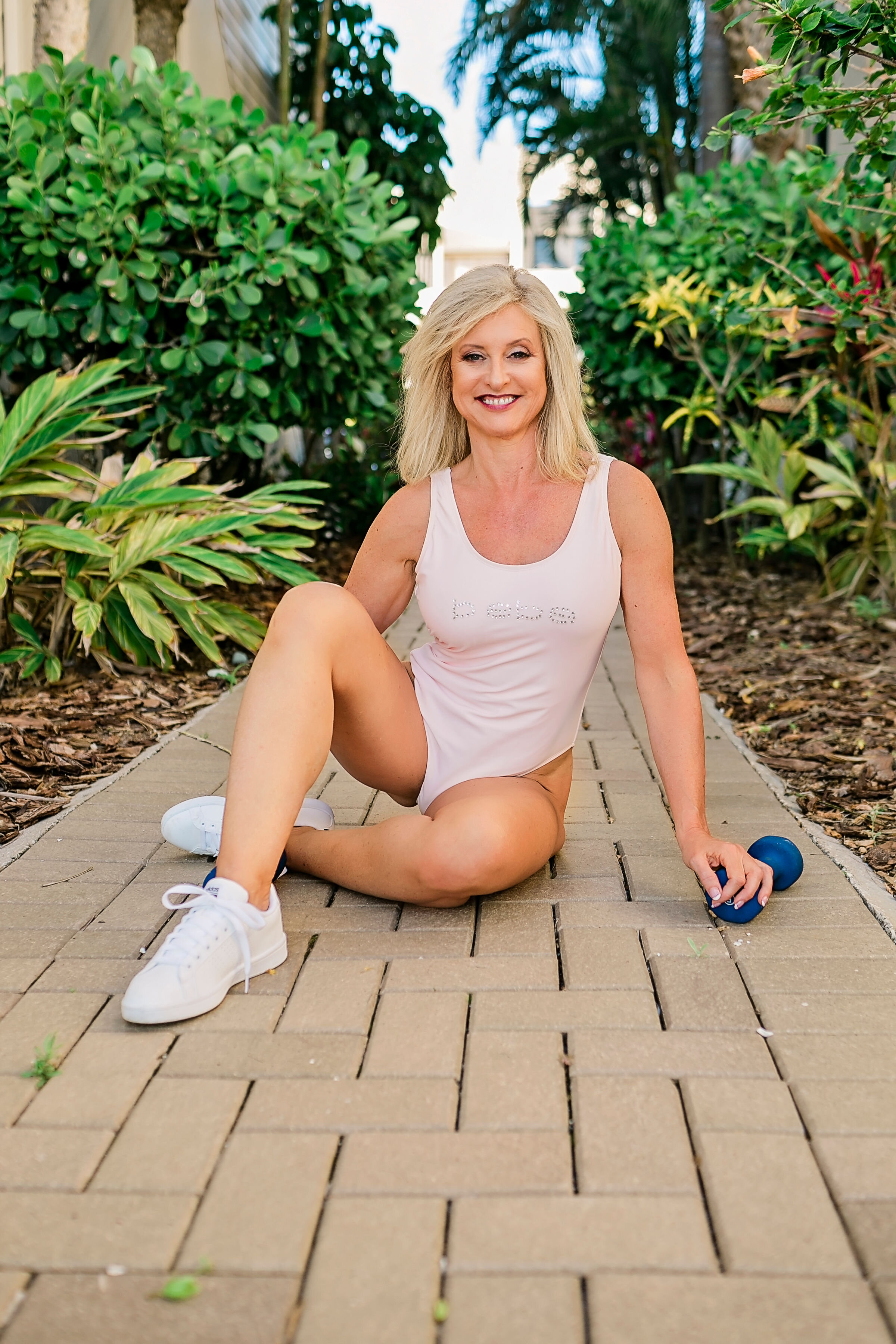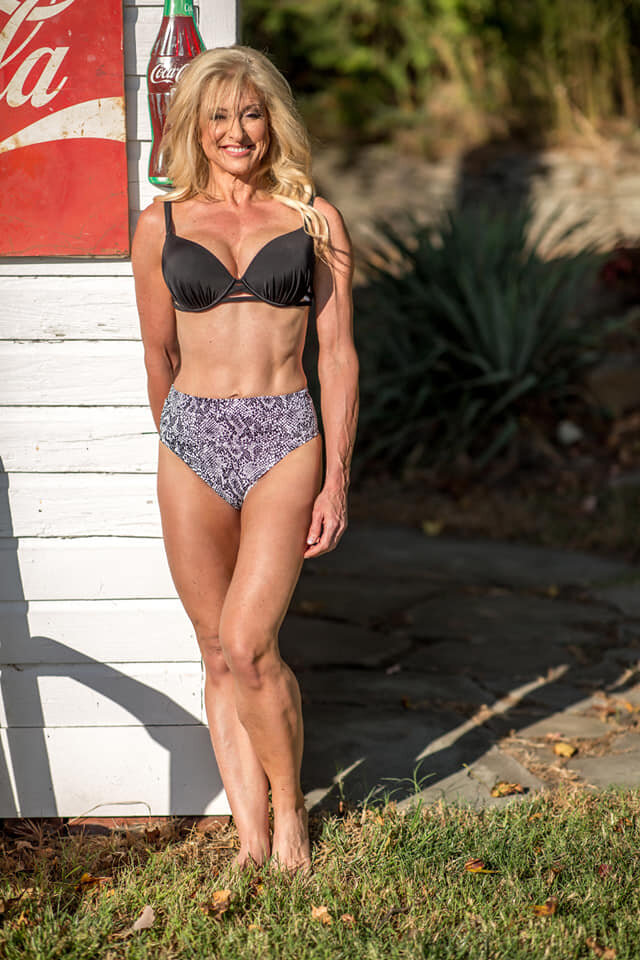Why Getting Your Hormones Checked After 40 Is Just as Important as Diet and Exercise
By Reba – The Mature Fit Lifestyle Coach
When we think about health and fitness, most of us jump straight to diet and exercise. And yes—what we eat and how we move are foundational to feeling good and aging well. But there’s another major player in the midlife wellness game that’s often overlooked: hormones.
If you’re over 40 and doing “all the right things” with food and fitness, but still struggling with fatigue, stubborn weight gain (especially around the belly), brain fog, sleep issues, or low libido—your hormones may be the missing piece.
Hormones: The Silent Drivers of Everything
Hormones are your body’s chemical messengers. They regulate nearly every bodily function, including metabolism, mood, energy, sleep, sex drive, and how your body stores fat. As we age—particularly during perimenopause, menopause, and andropause (yes, men too!)—hormone levels start to shift.
And here’s the kicker: even small imbalances can have a big impact.
For women, estrogen, progesterone, and testosterone begin to decline, often causing hot flashes, mood swings, anxiety, and trouble sleeping. For men, drops in testosterone can lead to fatigue, decreased muscle mass, and loss of motivation. Cortisol, thyroid hormones, and insulin can also go out of whack, adding fuel to the fire.
Why It's Crucial After 40
In our 20s and 30s, our bodies are often able to compensate for hormonal dips and surges. But after 40, our resilience decreases. That’s when we start noticing the subtle (and not-so-subtle) signs of imbalance. Many people chalk these changes up to “getting older,” but they’re not inevitable—and they’re not something you just have to live with.
Here’s why you should consider hormone testing a priority, not an afterthought:
1. It Can Unlock Fat Loss
You could be eating clean and exercising consistently but still not seeing results. If your cortisol is chronically high, or your thyroid is underactive, your body may be in a state where it resists fat loss. Balancing your hormones can help your body respond better to the healthy habits you’ve already established.
2. It Improves Sleep and Energy
Hormonal imbalances are a major cause of poor sleep. If your progesterone is low or your cortisol spikes at night, it’s going to be hard to get quality rest—no matter how clean your diet is. Better sleep means better recovery, more energy, and better workouts.
3. It Restores Mental Clarity and Mood
Brain fog, irritability, and low motivation are often linked to hormonal shifts—not just aging. Getting your hormones balanced can lead to a noticeable lift in mood and cognitive function, helping you feel more like you again.
4. It Enhances Libido and Intimacy
Hormones play a direct role in sexual health and desire. Low testosterone, estrogen, or DHEA can make intimacy feel like a chore rather than a joy. Rebalancing hormones can reignite the spark in your relationship and improve your sense of connection.
5. It Helps You Thrive, Not Just Survive
After 40, our bodies require a more customized, informed approach to wellness. Hormone testing helps you get a clear picture of what’s really going on beneath the surface so you can stop guessing and start thriving.
What You Can Do
If this sounds like you, don’t wait. Talk to a qualified practitioner—ideally someone who specializes in integrative or functional medicine—and request a comprehensive hormone panel. This might include:
Estradiol (E2)
Progesterone
Testosterone (free and total)
DHEA
Cortisol (saliva or urine testing is often more accurate)
Thyroid Panel (TSH, Free T3, Free T4, Reverse T3, and antibodies)
Insulin and blood glucose markers
Once you have the data, you can create a targeted plan—whether it involves lifestyle changes, nutrition adjustments, supplements, or bioidentical hormone therapy.
Final Thoughts
At Reba Fitness, I’m all about empowering you to live your strongest, most vibrant life—especially in midlife. And while fitness and food are key pieces of the puzzle, your hormones could be the piece that makes everything else finally click.
Don’t ignore the signs. Midlife is not the beginning of the end—it’s the beginning of a new chapter. Get your hormones checked. Get answers. And get back to feeling like your most radiant, energized, and empowered self.
Want help navigating your midlife wellness journey? Book a free consultation with me and let’s create a plan that works for your unique body, hormones, and lifestyle.
















